Value chain analysis to assess the risks and resilience of food systems
Value chain analysis to assess the risks and resilience of food systems
Date and time:
Thursday, July 30, 2015 10:00 am (GMT summer Time, London GMT +01:00)
Thursday, July 30, 2015 12:00 pm (Nairobi Time, GMT +03:00)
Thursday, July 30, 2015 5:00 pm (Malaysia Time, Kuala Lumpur, GMT+08:00)
Duration: 1 (one) hour
Program: EEHI and ESEI
Food systems have evolved over time from simple localized production and processing of food to meet people’s needs to complex global systems of transport, processing, storage and retailing. The benefits from the complexity have been increasing levels of economic efficiency leading to the price of food reducing relative to other goods in society. Yet how stable are these systems? And what do we know about them? This webinar will explore the use of value chain analysis to improve our overall understanding of the food system and how this can be used to assess the risks these system pose and also their resilience.
This research has been conducted as part of the UrbanZoo project – one of three projects funded until 2017 under the Environmental and Social Ecology of Human Infectious Diseases (ESEI) programme. This programme was established to enable society to respond proactively to the threat from novel pathogens and emerging infections by generating knowledge on the ways in which the natural and social environments affect the emergence and spread of infectious disease. The programme recognises that important new insights into the drivers and control of infectious diseases in human populations can only be achieved by taking a holistic systems approach.
Projects are funded through the Environmental & Social Ecology of Human Infectious Diseases Initiative (ESEI) by Medical Research Council, Natural Environment Research Council, Economic and Social Research Council, Biotechnology and Biosciences Research Council, and Food Standards Agency*.
*Enigma project only
How to register: Visit the event website for further details on how to register by Click here
Profile of speakers

Jonathan Rushton is an agricultural economist who works on animal health and food systems. View his profile

Pablo Alarcon is a veterinary epidemiologist with experience of data collection and analysis of livestock food systems. View his profile









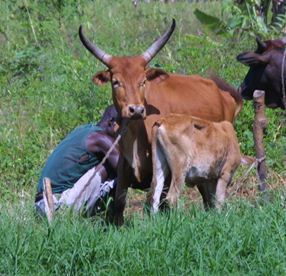
 We are pleased to announce the launch of the
We are pleased to announce the launch of the 


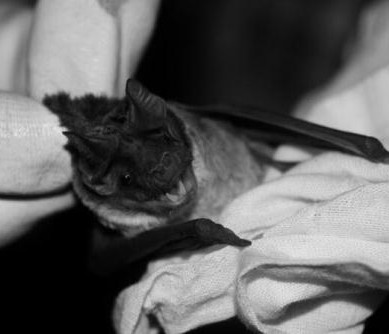
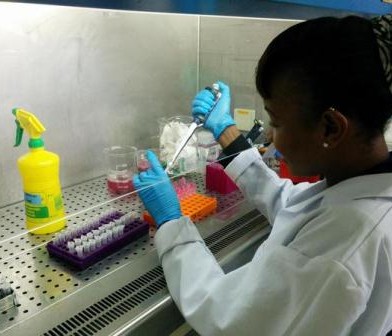
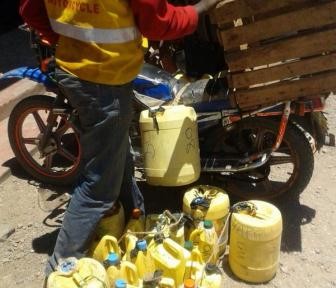
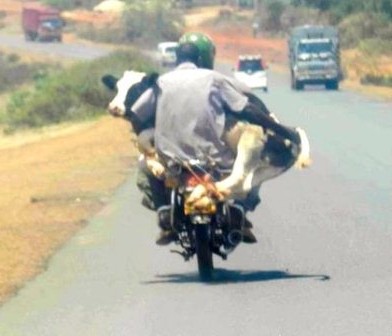

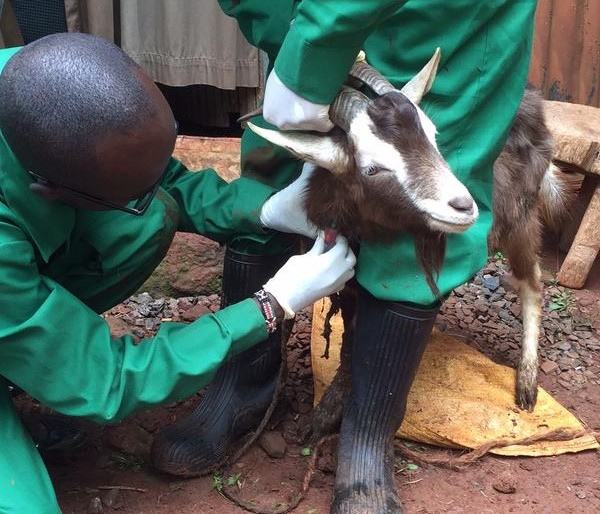
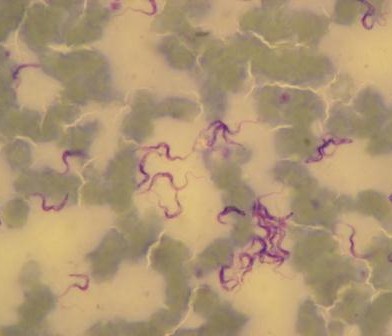

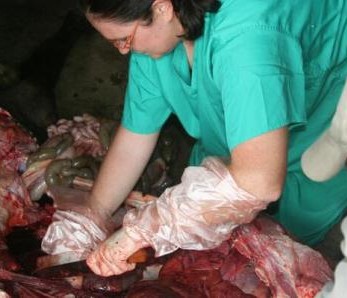
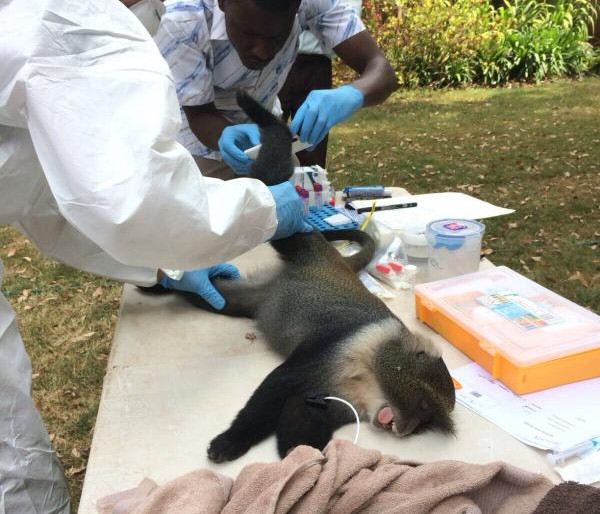
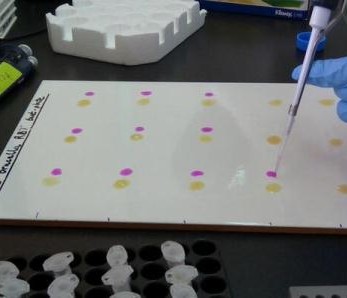
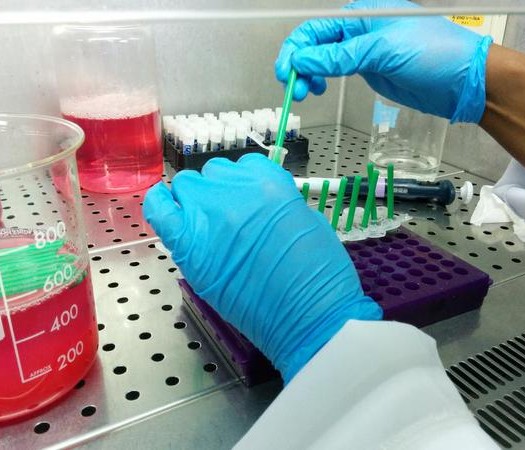
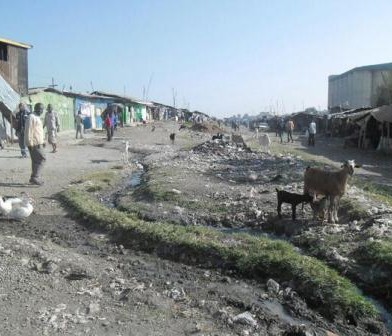
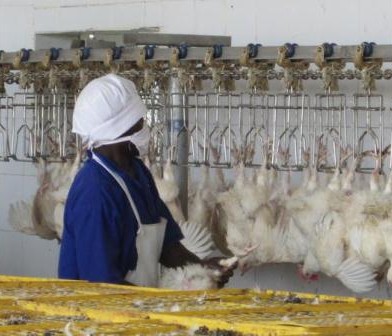
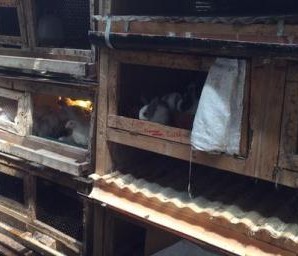
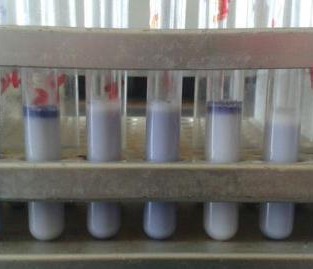
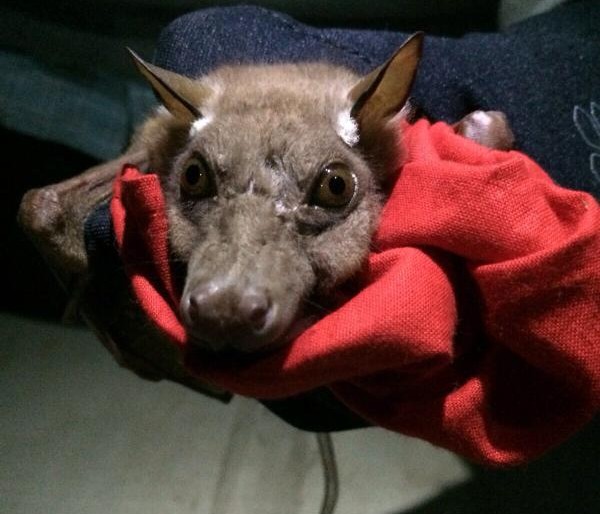
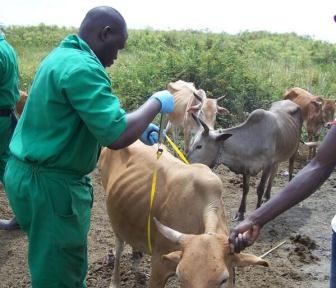
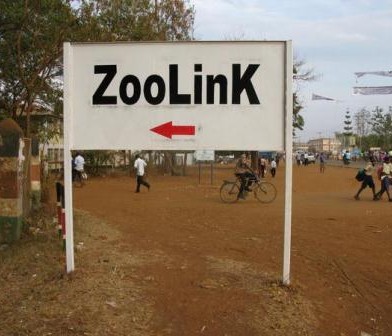
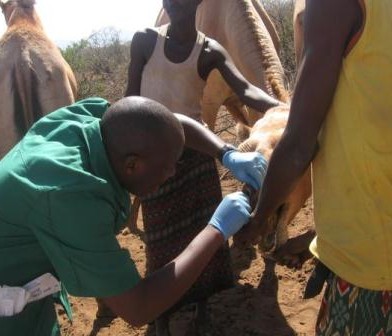
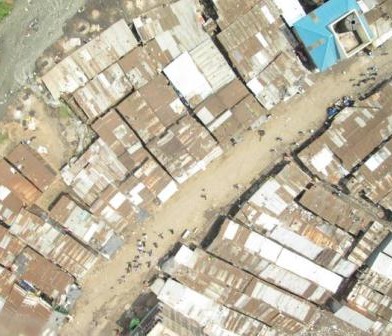
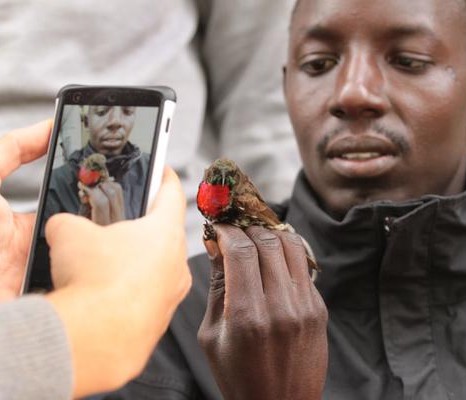
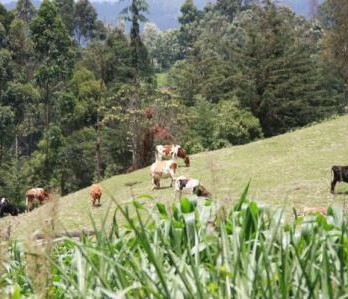
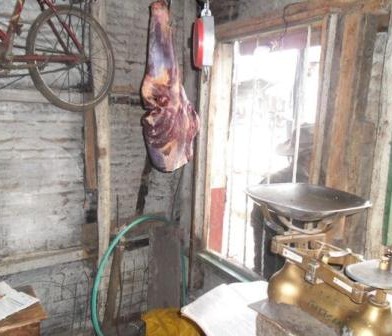
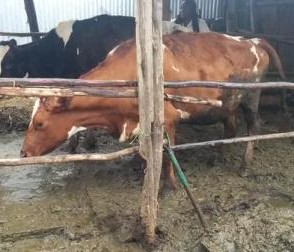
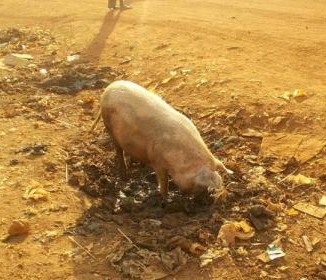
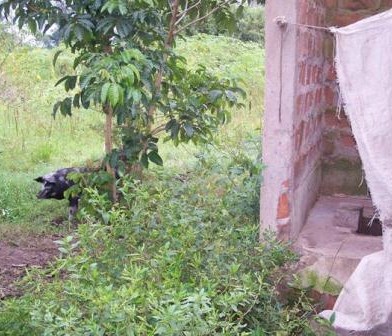
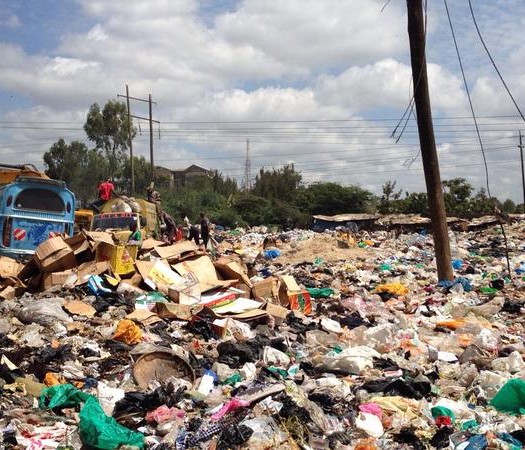
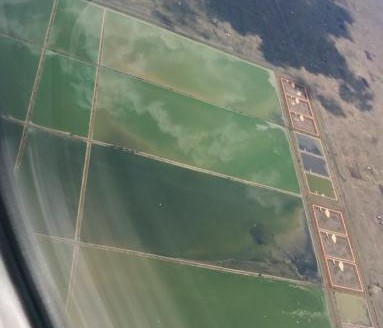
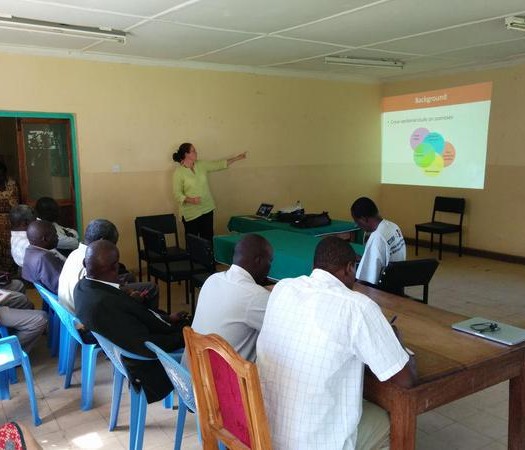
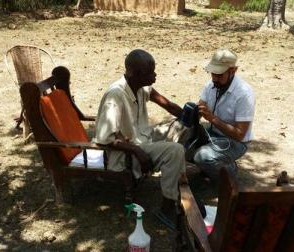
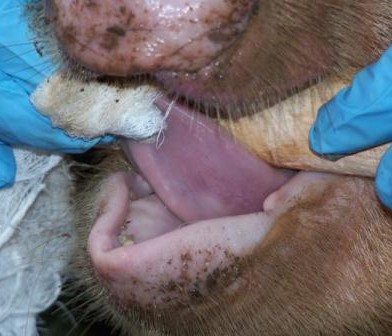

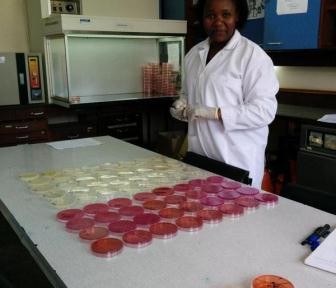
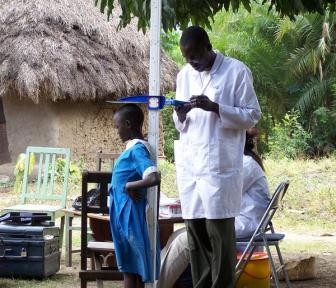
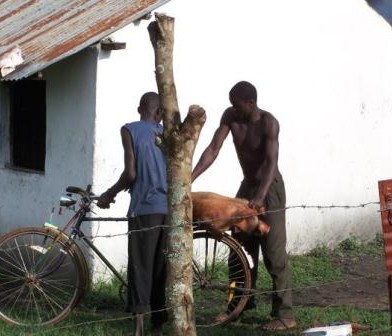
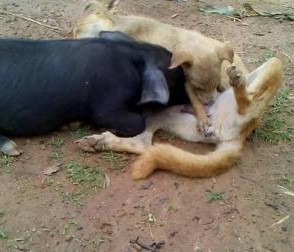
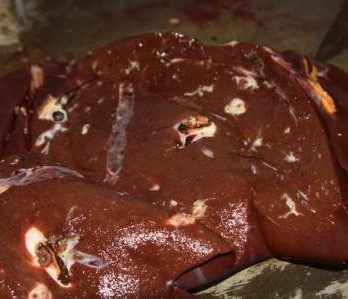

You must be logged in to post a comment.